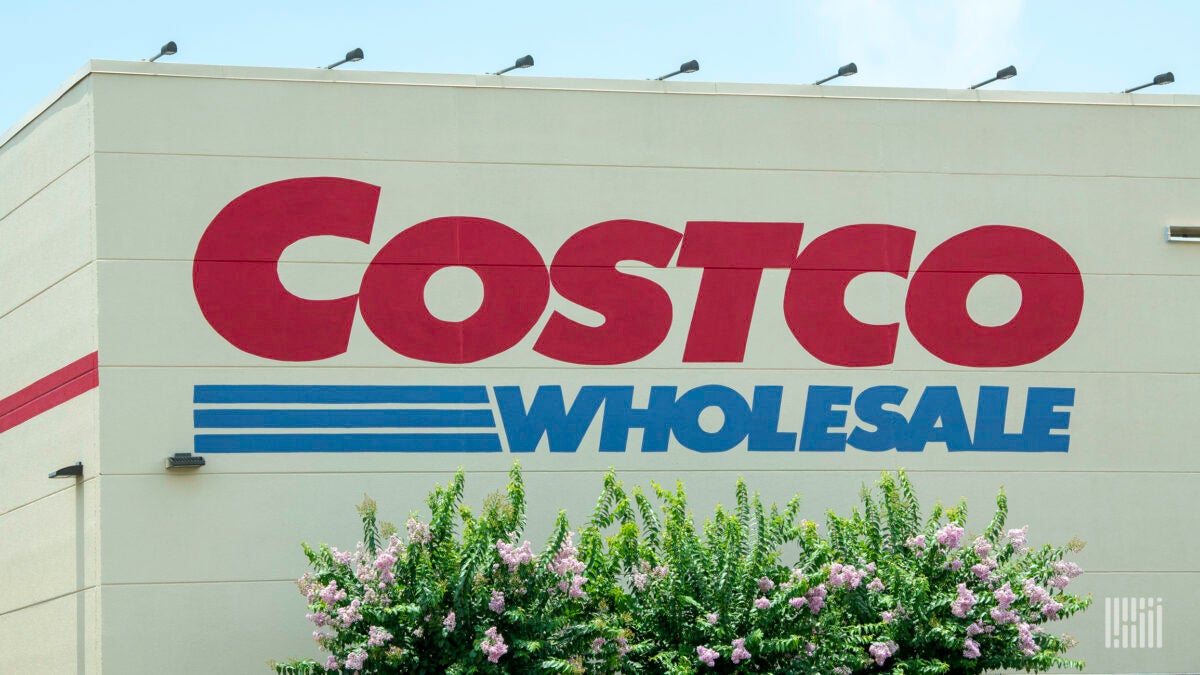Combating freight fraud with certificates of insurance
Key strategies for combating fraud involve certificates of insurance for supply chain partners. The post Combating freight fraud with certificates of insurance appeared first on FreightWaves.

Key strategies for combating fraud involve certificates of insurance for supply chain partners.
In an industry that moves billions of dollars of goods annually, freight fraud has become increasingly concerning for supply chain professionals. Recent data from the Transportation Intermediaries Association (TIA) “State of Fraud in the Industry 2024 Report” sheds light on the alarming trends and impacts of fraudulent activities in the freight sector.
According to the TIA report, “The average gross cost of fraud among respondents was $402,344.47, with some companies reporting losses well over $1 million, with the per-load cost of fraud averaging $40,760.17.” The impact extends beyond monetary losses, affecting operational efficiency, reputation and customer trust.
One of the most prevalent forms of fraud identified is identity theft and impersonation. Criminals are impersonating legitimate companies, using stolen identities to commit fraud. This often leads to significant financial losses and damage to a company’s reputation, proving there is a need for quality verification processes.
At the moment, there is little recourse for fraud victims. If goods are stolen, identity theft occurs or any other problem results in a loss of the load due to a scam or fraud, there is nothing impactful that businesses can do. As of right now, the only options are file a police report and report the fraudulent motor carrier to the Federal Motor Carrier Safety Administration.
Without concrete protocols in place to catch and prosecute the perpetrators, shippers, brokers and carriers are left with building their own solutions and trying to mitigate their exposure to fraud.
There is hope in a bipartisan bill that has been brought to the Senate in hopes of cracking down on flash mob robberies and intricate retail theft schemes.
The Combating Organized Retail Crime Act of 2025 would establish a coordinated multiagency response and create tools to tackle evolving trends in organized retail theft. The two main sponsors of the bill are Senate Judiciary Committee Chairman Chuck Grassley, R-Iowa, and Sen. Catherine Cortez Masto, D-Nev.
The proposed law would create a department under the Department of Homeland Security and develop means to investigate and prosecute thieves. Similar pieces of legislation were brought forward in 2022 and 2023 but didn’t make headway.
And in the meantime, supply chain professionals are still largely on their own to mitigate their exposure to fraud.
A common tool/protocol for verification is a certificate of insurance. A COI is issued by the insurance provider, offering proof that a carrier has coverage. It includes the name and contact information of the insurance provider, policy numbers, term dates, underwriter details, coverage limits for cargo, auto liability, and general liability, as well as any extra insured parties.
Because these documents are issued by the insurance company, a true third party for a shipment, it’s another tool that can be used in verifying carriers and reducing fraud across the freight ecosystem.
COIs serve as proof that a carrier has the necessary insurance coverage to operate legally and safely. By requiring and thoroughly checking these certificates, brokers and shippers can ensure they’re working with legitimate, insured carriers. This simple yet effective measure can prevent many instances of fraud before they occur.
The importance of COIs extends beyond compliance. They act as a trust-building mechanism in an industry where relationships and reliability are paramount. When all parties can verify each other’s credentials and insurance status, it creates a more secure and efficient operating environment for everyone involved.
However, the process of obtaining, verifying and managing COIs has traditionally been time-consuming and prone to error.
Some digital companies have integrated into different transportation management systems that provide the verification immediately. The current process is a little more manual with more phone calls and can cut down on response time for brokers and carriers.
Taking the value of certificates of insurance seriously is Truckstop. In 2024, Truckstop received over 500,000 carrier COIs through the Certificial integration. Currently, 80% of the COIs Truckstop receives come from this partnership.
Rob Blanchette, co-founder of Certificial, said in a news release, “Truckstop has been at the forefront of introducing digital insurance monitoring to the transportation industry, streamlining carrier connections and automating data collection. This innovation has led to cutting-edge insurance monitoring and a more trusted network. Together, we’ve successfully advanced digital insurance monitoring in the transportation sector.”
Verifying insurance, is one of the most impactful processes to have in onboarding carriers as it can catch bad actors who fall through the cracks.
The TIA report notes: “As fraud tactics evolve, so too must the technology used to combat them. Companies should continue to invest in cutting-edge tools that enhance their ability to detect and prevent fraud. This includes advanced verification processes, real-time tracking systems, and artificial intelligence to identify and flag suspicious activity.”
This level of up-to-date accuracy is crucial in an industry where conditions can change rapidly, and outdated information can lead to significant risk.
As the freight industry continues to evolve and face new challenges, the role of technology in ensuring security and trust will only grow.
The industry must remain proactive in its approach to combating fraud. This includes staying informed about emerging fraud trends, continuously updating security measures and fostering a culture of vigilance across all levels of the supply chain.
The post Combating freight fraud with certificates of insurance appeared first on FreightWaves.





























































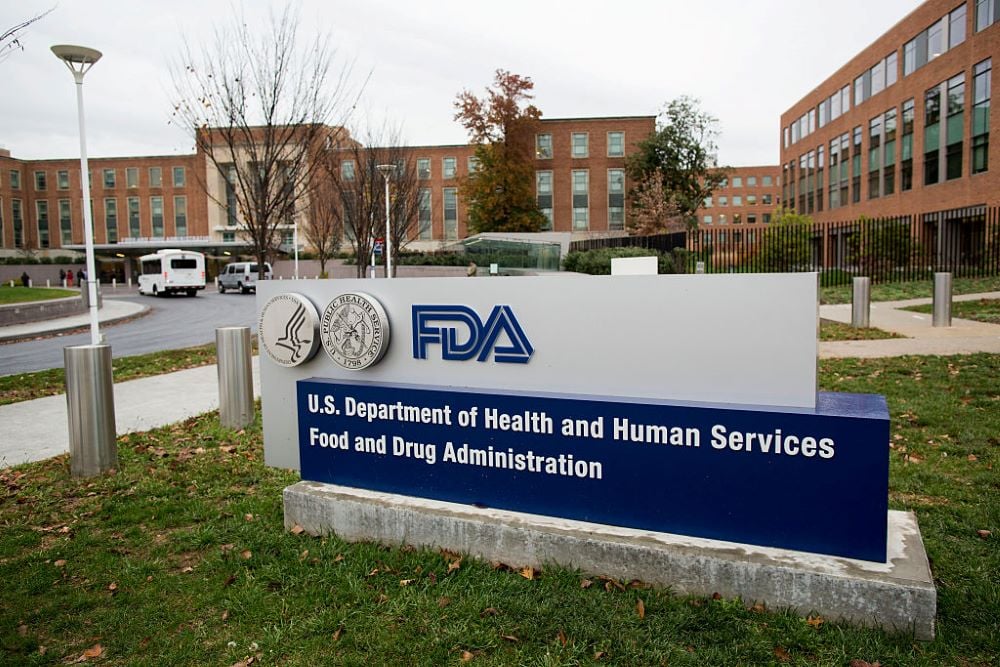








![[Podcast] Behind the Breakthroughs: How Almac Powers Clinical Trial Success with Care](https://imgproxy.divecdn.com/5lAJkli_KcGt1FSsw4EaegjgP76IHREqYEWbhNBJOXw/g:ce/rs:fit:770:435/Z3M6Ly9kaXZlc2l0ZS1zdG9yYWdlL2RpdmVpbWFnZS9CaW9QaGFybWFEaXZlXzEzNDZfeF83MjlfQXJ0d29yay5qcGc=.webp)




































































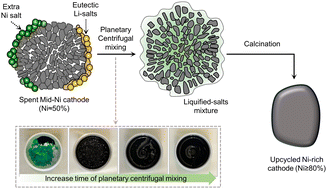




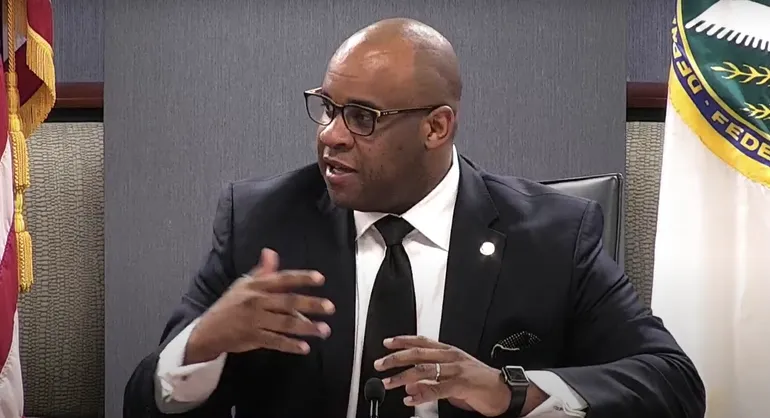


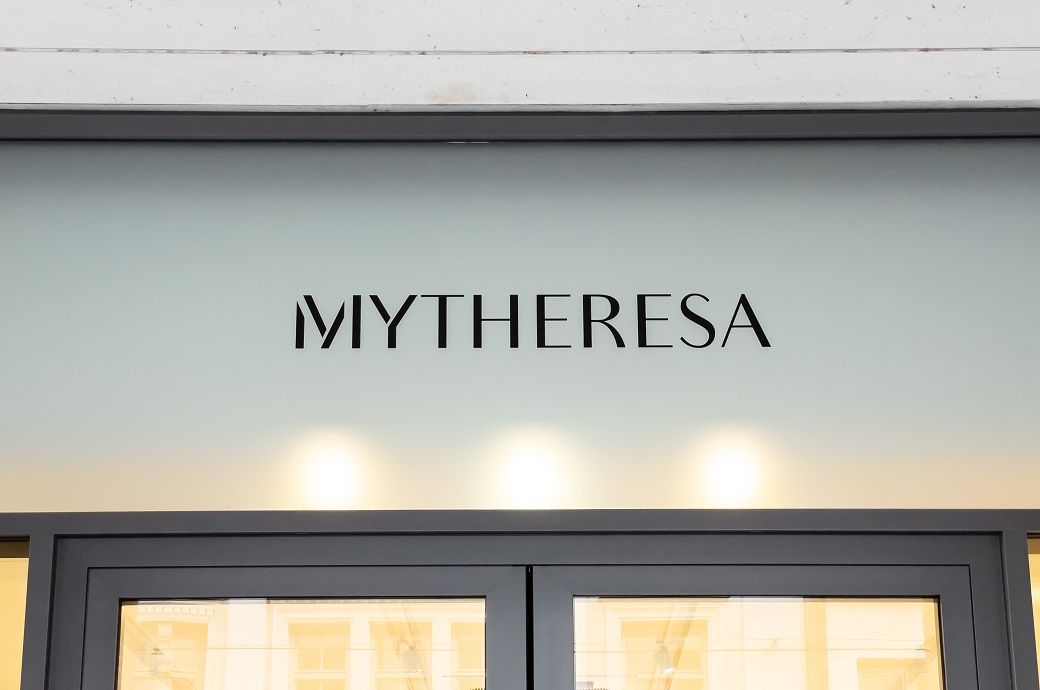








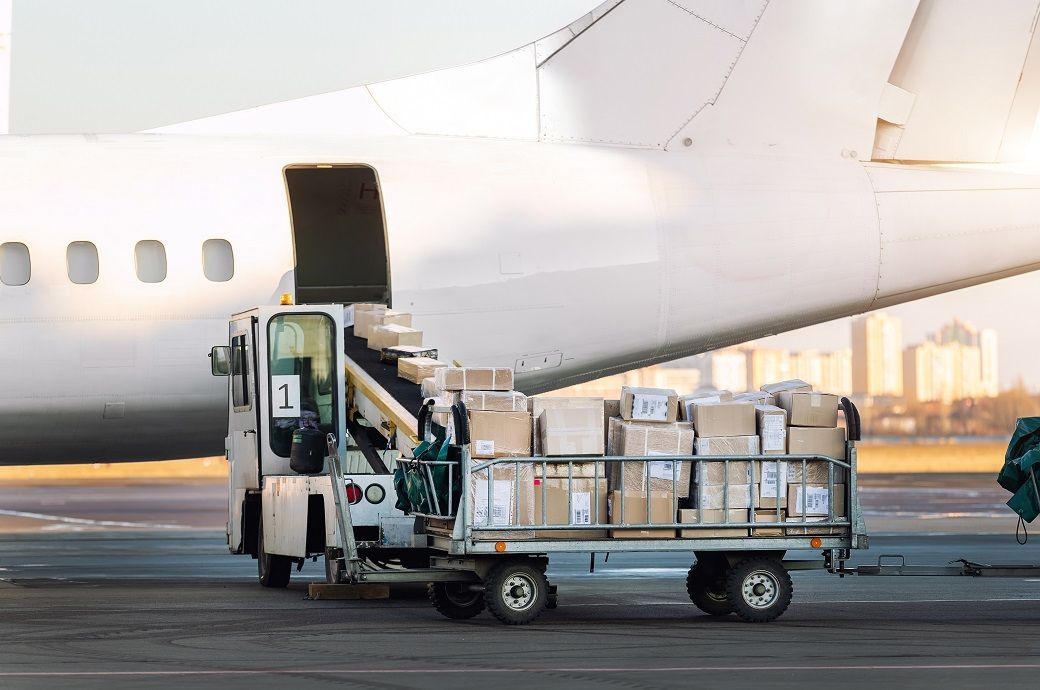









.jpg)





